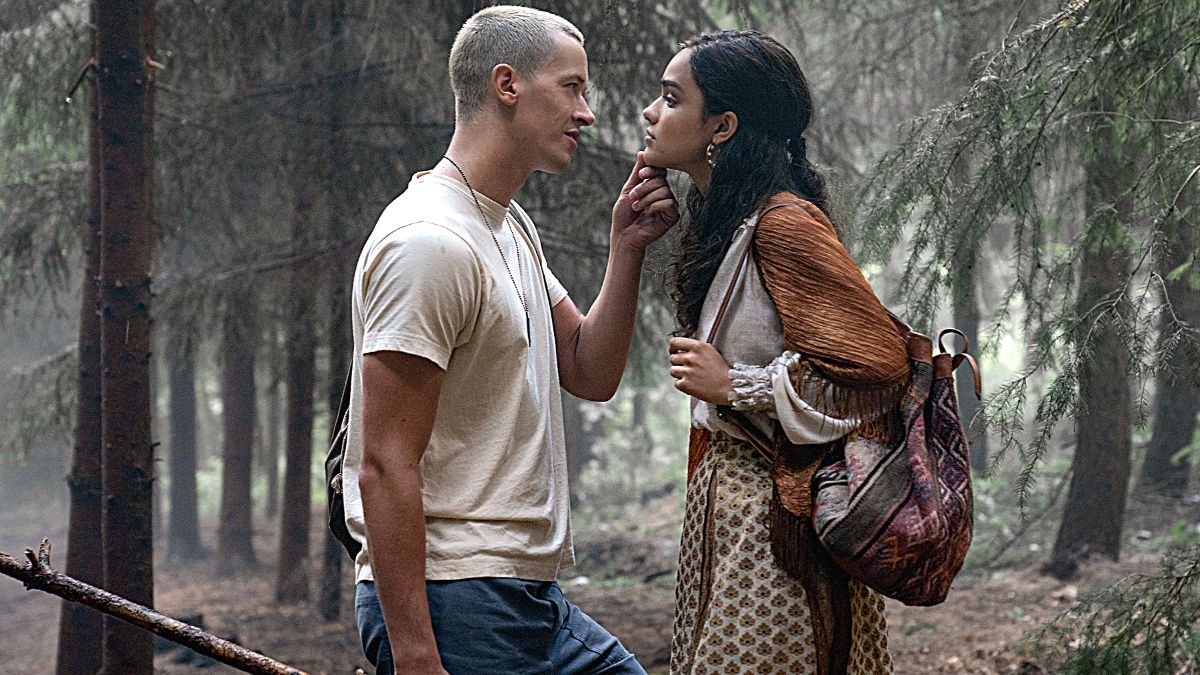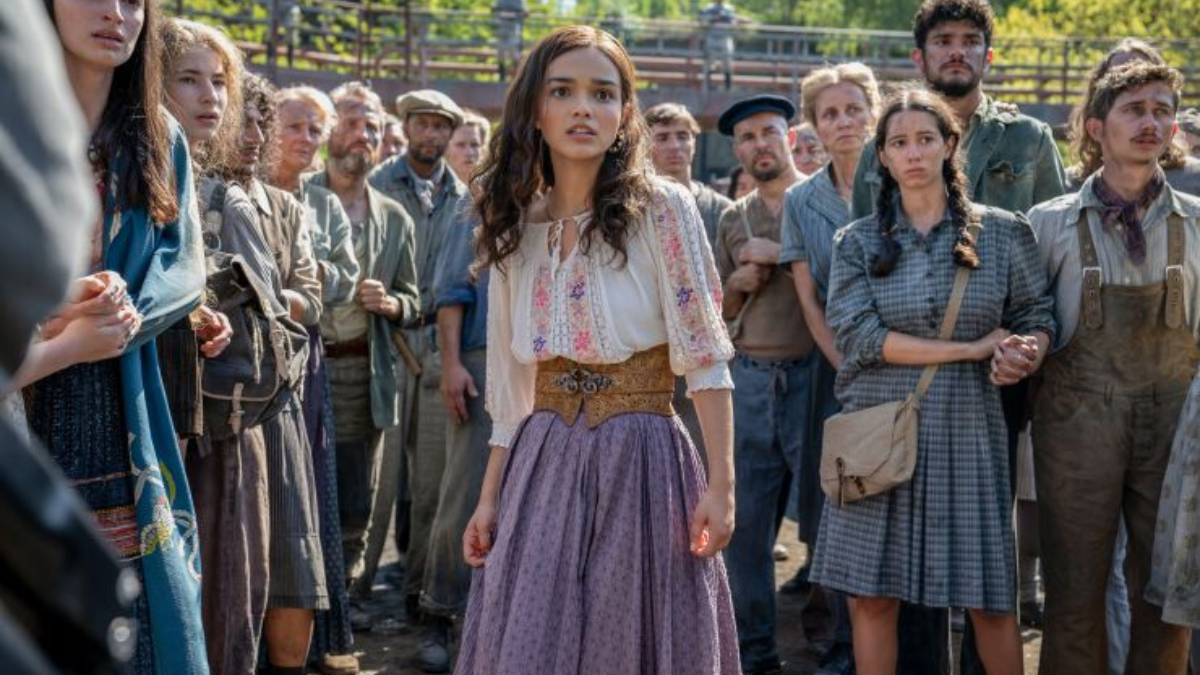Warning: This article contains spoilers for The Hunger Games: The Ballad of Songbirds and Snakes.
A prequel to The Hunger Games trilogy, The Hunger Games: The Ballad of Songbirds and Snakes gives fans a peek behind the curtain at the corrupted leader President Snow, back in his early years before he was fighting the rebellion started by Katniss. Set 64 years before the events of The Hunger Games, the Coriolenus Snow (Tom Blyth) we see is just a teenage boy trying to graduate from school and restore honor to his family name.

But ironically, a different female tribute from District 12, Lucy Gray Baird (Rachel Zegler) is going to change his trajectory and turn him to the dark side. While it seems like Lucy Gray is just a major part of Snow’s life, her own story should be told in history books, and she should be seen as an icon in her home of District 12. So why does Katniss, Peeta, and no one else remember her 64 years later? Be wary, as the following article discusses major plot spoilers for The Hunger Games: The Ballad of Songbirds and Snakes going forward.
In The Hunger Games, we learn from Katniss that the history of the games are discussed in school and many of the victors are seen as significant historical figures. In addition, the living victors from each district live in a special neighborhood called Victory Row, but for District 12, this only includes Haymitch Abernathy until Katniss and Peeta win the 74th Hunger Games. But The Ballad of Songbirds and Snakes reveals that Lucy Gray Baird is the Victor of the 10th Hunger Games, meaning she is District 12’s actual first Victor.

The film adaptation of The Ballad of Songbirds and Snakes doesn’t actually reveal why no one remembers Lucy Gray, just that she disappeared after leaving the cabin that she and Snow had taken refuge in. But in the original novel, when Snow goes back to the Capital, his new mentor, Dr. Gaul reveals that she erased all evidence of the 10th Hunger Games — aside from keeping a copy for herself. Her reasoning is that all the issues with that particular edition of the Games made the Capital look weak, and she wanted people to forget about it.
Therefore, no one remembers who won the 10th annual Hunger Games — no one, that is, besides those who were alive when it happened. But a child of Reaping age during that period of time would be in their late 70s/early 80s by the time Katniss goes into the Arena, if they’re even still alive. Plus, while that was the first Hunger Games to be televised, it wasn’t considered mandatory viewing, and it’s implied many of the Districts’ citizens were too poor to own TVs on which to watch it.
So even those who could remember the Games most likely didn’t watch it, and with no written record of the Games, most likely forgot all about Lucy Gray. However, Lucy Gray’s legacy didn’t completely die with her. Towards the end of The Ballad of Songbirds and Snakes, we hear her writing a song after she witnesses a nasty hanging in the town square. The haunting tune of “The Hanging Tree,” it turns out, was written by Lucy Gray Baird.
When Katniss sings the song in Mockingjay, she notes that it was a folk song her father taught her when she was younger, but was banned from singing it by her mother because of its dark meaning. She may have no memory of Lucy Gray Baird, but through turning that song into a rebellion anthem, it reopened a wound in Snow’s heart that not even she knew about.











Published: Nov 17, 2023 12:54 pm